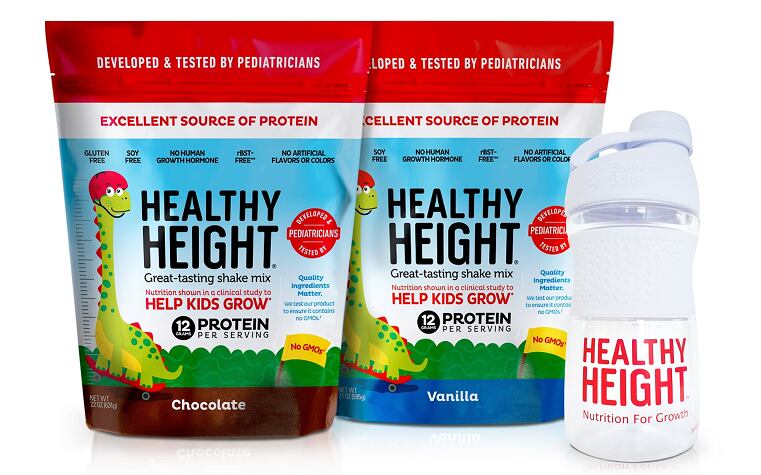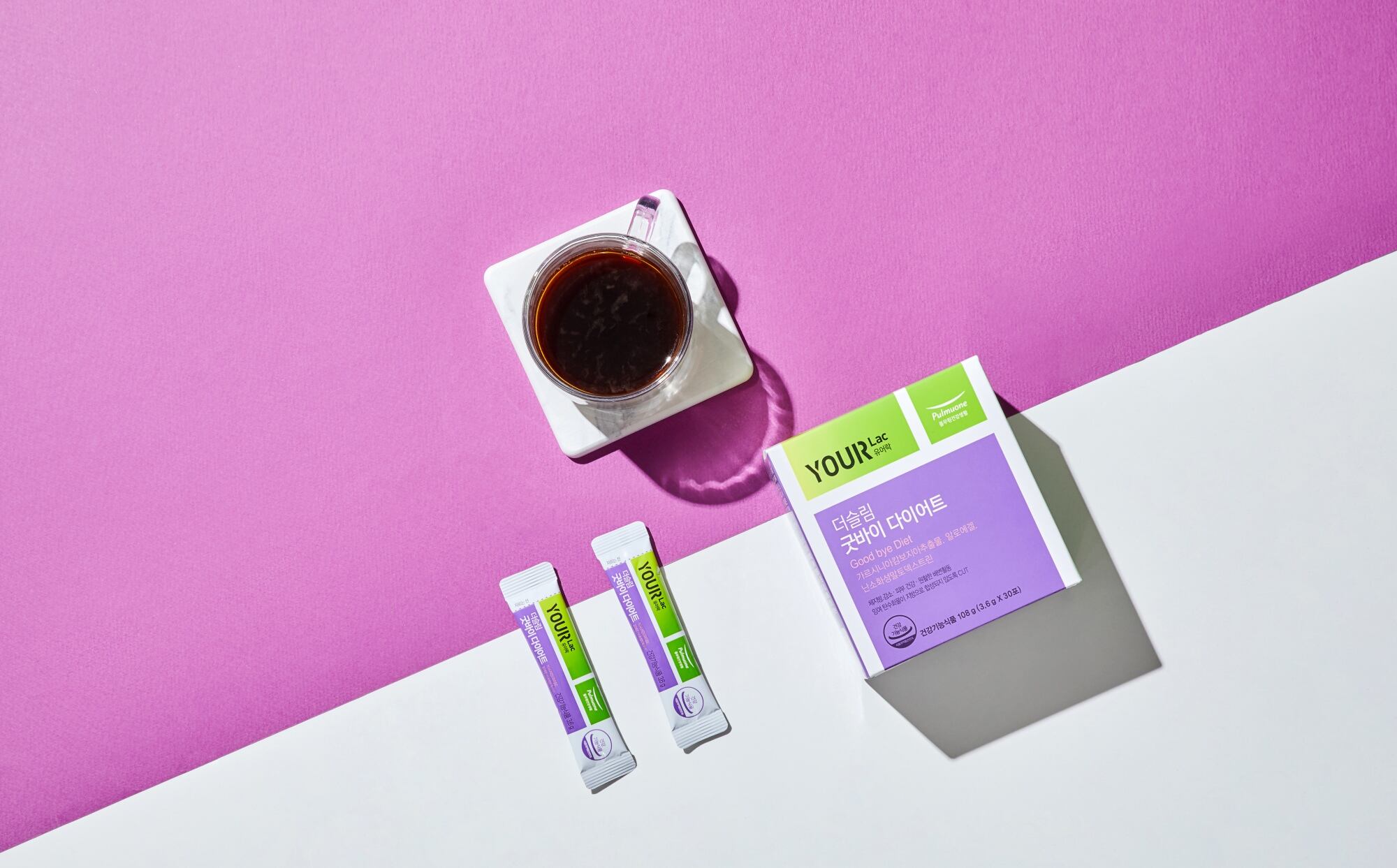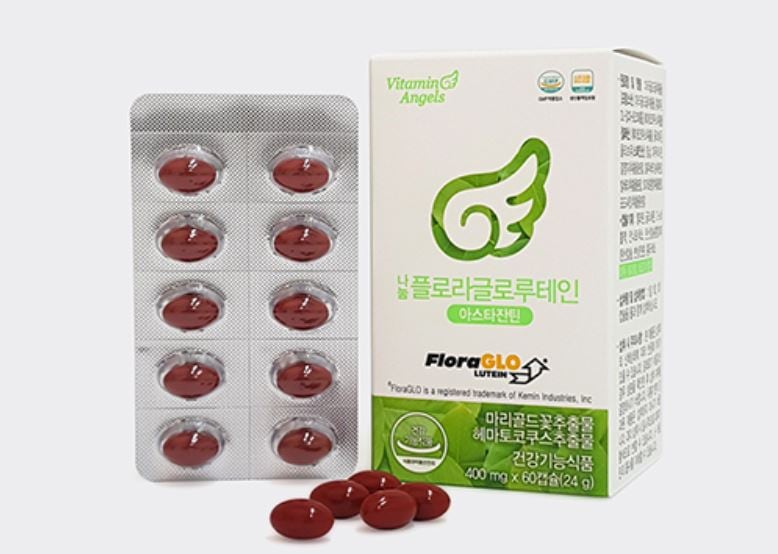This is according to Lorraine Li, Korea Regulatory analyst at Chemlinked.
She was speaking at a recent webinar titled: Selling Food in South Korea: Health Functional Food Compliance.
Health Functional Food (HFF) refers to food manufactured with functional raw materials or ingredients.
Functional ingredients include examples such as vitamins and dietary fibre, while functional raw materials refer to examples such as lecithin and ginseng.
HFF can come in the formats of tablets, capsules, pills, granules, liquid, powder, flake, paste, syrup, gel, jelly, bar, and film.
Citing data from German market intelligence firm Statista, Li said that the HFF market in South Korea has been growing exponentially since the outbreak of COVID-19.
For instance, the sales of vitamins have jumped over 20-fold, that of probiotics up 730%, functional foods grew by 579%, while vitamin C increased by 124% in terms of sales from January 27 to February 11 in the country.
“The Korean people enjoy this kind of products (HFF) which have nice designs and taste and mothers like to give these types of products to kids. Also, such products are convenient, easy to take,” Li said.
The market is forecasted to reach a value of US$5bn by 2022, presenting huge opportunities for HFF manufacturers, suppliers, and brands.
However, according to Li, problems with registration and ingredient compliance are common when companies try to export their HFF to South Korea, which she said could be addressed by paying more attention to the requirements.
Ingredients requirements
In terms of ingredients compliance, Li recommended firms to follow a compliance decision tree that could guide them through a step-by-step procedure.
First, companies should find out if the ingredient used in the product is a ‘noticed ingredient’.
‘Noticed ingredients’ refer to ingredients that are already approved by the authorities for use in HFF.
Every ingredient in the noticed list has a particular manufacturing standards and product specifications.
And thus, the next step is to check if the manufacturing methods of the ingredient are in accordance with the stipulated specifications and standards.
If the ingredient is a ‘non-noticed ingredient’ and/or its manufacturing methods are not listed in the noticed specifications and standards, companies will need to apply for the ‘certificate of individually recognised ingredient’ and/or the ‘certificates of specifications and standards’.
As part of the application, companies will need to submit the application letter, dossiers, samples, and inspection report to the Ministry of Food and Drug Safety (MFDS) for review.
Subsequently, the application will be put to the HFF committee for examination.
According to Li, MFDS has reviewed and published more than 500 kinds of individually recognised ingredients till date.
Export requirements
In terms of export requirements, the compliance process can be divided into three segments: before, during, and after the product export.
Li pointed out that firms will first need to register its import business and its overseas production facilities.
The second step is to fulfill import declaration, where companies will need to file registration info to the MFDS for review as part of customs clearance.
Once accepted by the MFDS, the firm can move to the next step, which is the import inspections, meant to check if a particular product comply with South Korea’s ingredient and manufacturing regulations, before moving on to the actual product distribution.





